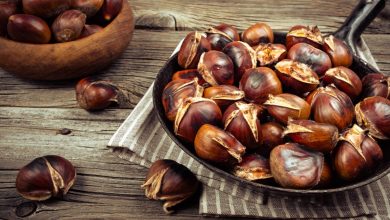Saad’s Halal Restaurant: Philadelphia’s Iconic All-Zabiha Halal Eatery
From a humble lunch truck to a beloved restaurant, Saad’s Halal Restaurant blends faith, freshness, and tradition in every dish.

Saad’s journey began as a Halal lunch truck in University City at 38th and Spruce. At the time, zabiha halal meat was difficult to find in Philadelphia, so Saad took the responsibility into his own hands — personally slaughtering cows and sheep, sometimes even skinning them, to ensure his food was truly halal and authentic.
What started as a commitment to faith and quality soon became a Philadelphia staple. Today, Saad’s Halal Restaurant continues to honor those same values by serving a fully zabiha halal menu without compromise.
A Restaurant Built on Faith
At Saad’s, our identity is rooted in Islamic tradition. We close during Friday prayers (Jumaa’) because attending prayer is an obligation we honor before business. During the holy month of Ramadan, we also close for the entire month to fast, reflect, and reconnect with our faith.
This dedication ensures that our work is always done for the sake of Allah, and our customers trust us to serve food with sincerity and devotion.

Freshness That Sets Us Apart
Everything at Saad’s is made from scratch — no shortcuts, no compromise. That’s why every bite is fresh, flavorful, and unforgettable. Our philosophy is simple: we treat our customers the same way we treat ourselves — with the best, most wholesome food possible.
Why Customers Love Us
-
100% Zabiha Halal menu — no exceptions
-
Commitment to Islamic values in business practice
-
Authentic homemade recipes made fresh daily
-
A legacy of serving the Philadelphia Muslim and student community for decades



